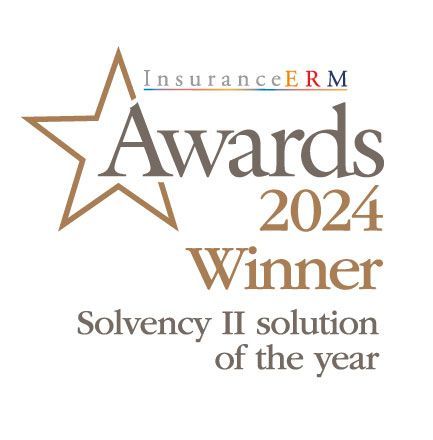Using evo-insight to Produce PRIIPs Key Information Documents.
Background
Manufacturers of Packaged Retail and Insurance-Based Investment Products (PRIIPs) are required to provide investors with a Key Information Document (KID) for each product being sold with the objective to provide information about the risk and potential returns on the product thereby enabling customers to make informed decisions regarding their investment. The KID needs to be updated, as a minimum, every year and cannot exceed three pages.
The numerical data in the documents has to include a risk rating (1 to 7) for the product, the charges and their impact on yield. Originally it was mandated that the potential value of the investment coupled with performance scenarios based on unfavourable, moderate and favourable scenarios must be provided. In the UK (who diverge from Europe following Brexit) this requirement has now been replaced with narrative information on the key factors upon which the return depends, the underlying assets or reference values, and how the return is determined. But for all practical purposes the calculations remain a requirement.
The regulations specify a methodology setting out the calculations for returns, impact of charges and risk ratings are to be performed. Depending on the nature of the product, the analytics for potential investment performance could involve stochastic or deterministic calculations.
Challenges for Insurers
– Getting the correct numerical data is proving to be one of the most challenging aspects often requiring new processes. This is further complicated by the fact that data, including historical data, often comes from different service providers and may be missing.
– Insurers often have a myriad of products for which they need to generate the analytics which may vary by product type.
– Some products will require stochastic calculations increasing the complexity and time involved in generating each set of information.
– It may be necessary to create a KID that is specific to each investor rather than the product, further increasing the amount of work involved.
In many Insurers the PRIIPs analytics is built around spreadsheets (typically including VBA macros) which are difficult to maintain, control and audit.
How does evo-insight solve the problem?
1. Zenith has proven PRIIPs models backed by a team of consultants with real world experience implementing PRIIPs in insurers.
2. Pre-built Business Applications with embedded PRIIPs analytics which can be easily configured to reflect a range of different product types – effectively incorporating variants by product type.
3. Zenith maintains the application in line with regulatory changes.
4. Improved governance via version control, input data templates and results storage which give both a current and historic perspective and comparisons over time.
5. Automation to generate the numerical data for the KID documents as required.
6. Based on Microsoft’s AZURE evo-insight provides virtually unlimited processing power on demand ensuring that high volumes of calculations, even stochastic, can be processed quickly and efficiently.
Alternatively insurers can embed their own PRIIPS spreadsheets, including any VBA macro, within a custom evo-insight Business Application to provide a governed, scalable and user-friendly hosted web application.
The post evo-insight simplifies and automates your PRIIPs process appeared first on Zenith Actuarial.
Insights





